5 Science-Backed Houseplant Benefits
Why we Need Houseplants Everywhere, According to Research
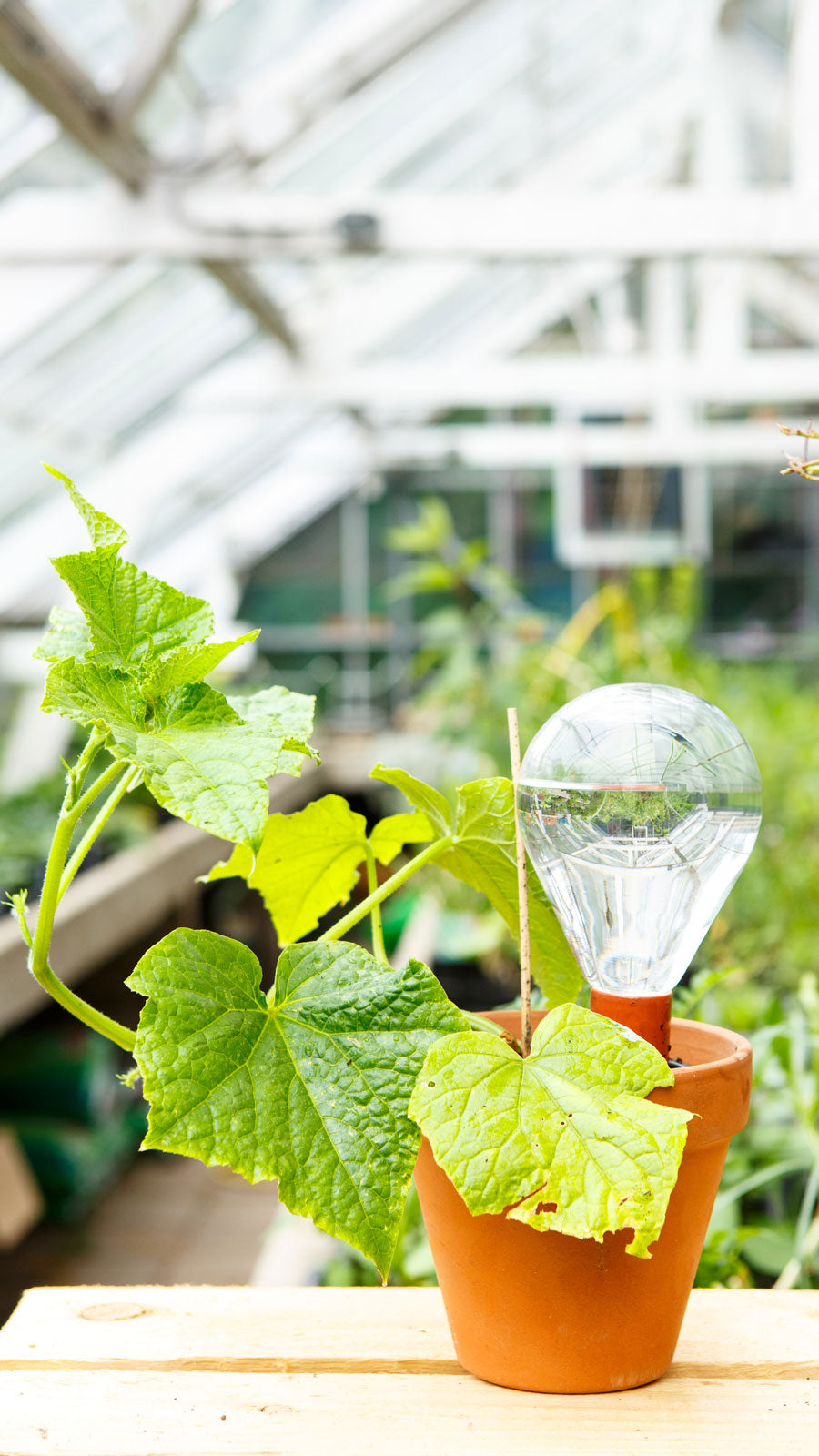
More than just pretty greenery
Plants are making a huge comeback, with lush indoor jungles filling social media feeds. And it turns out, all these plant enthusiasts might be onto something significant...
Did you know that incorporating houseplants into your home or office can profoundly impact your health, improve air quality, boost your psychological well-being, and enhance productivity?
Read on for 5 science-backed reasons why houseplants should be part of your decor.
P.S. Love houseplants but don’t have a green thumb? Read till the end to discover how you can easily create your own lush indoor jungle.
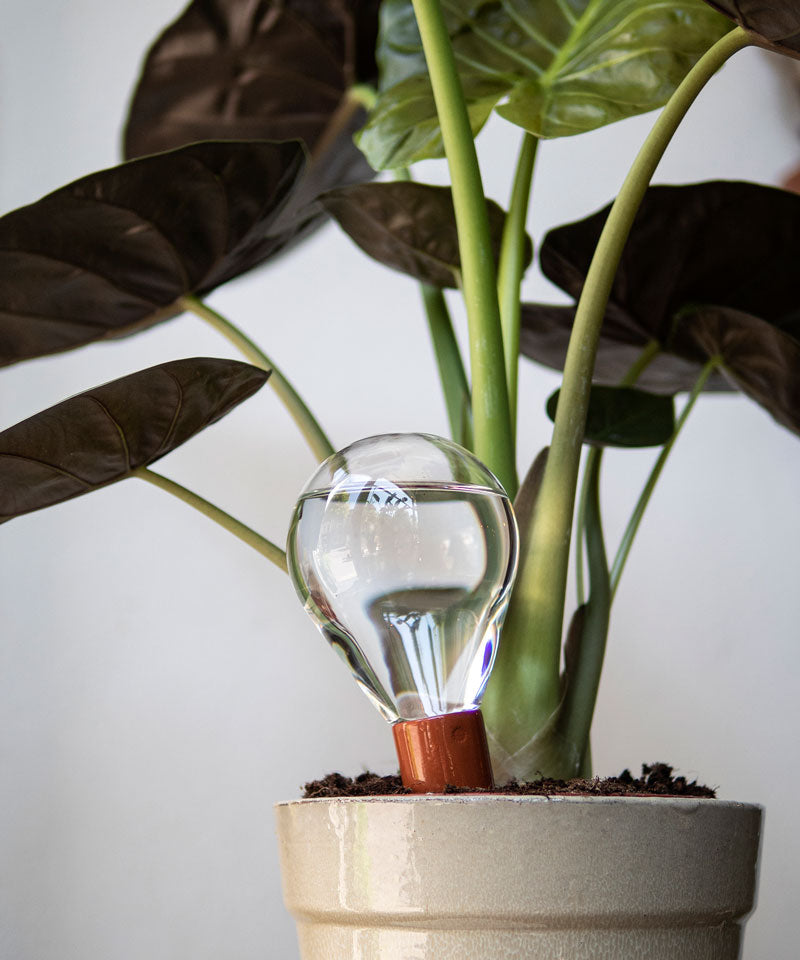
1. Plants clean the air
Houseplants are more than just decorations; they're hardworking air purifiers constantly improving the air quality in your home.
NASA's 1989 Clean Air Study revealed that houseplants don't just absorb carbon dioxide (CO2); they also remove toxins like benzene and formaldehyde while replenishing the air with fresh oxygen.
While this study was conducted in a controlled laboratory environment, and the real-world impact might be less dramatic, it still highlights the remarkable ability of plants to clean the air.
Plants like Peace Lily, Snake Plant (Sansevieria), English Ivy (Hedera), and various Dracaena species are particularly effective at removing harmful toxins.

2. Plants reduce stress & boost your mood
A 2017 study by the University of Hyogo in Japan revealed that interaction with indoor plants, even for short periods, led to physiological and psychological relaxation, helping to alleviate stress and improve mood.
Research from the University of Reading and the Royal Horticultural Society revealed that simply being around plants boosts feelings of well-being.
A recent 2022 study from Taiwan further supports this notion, showing that the presence of indoor plants leads to an overall better sense of well-being.
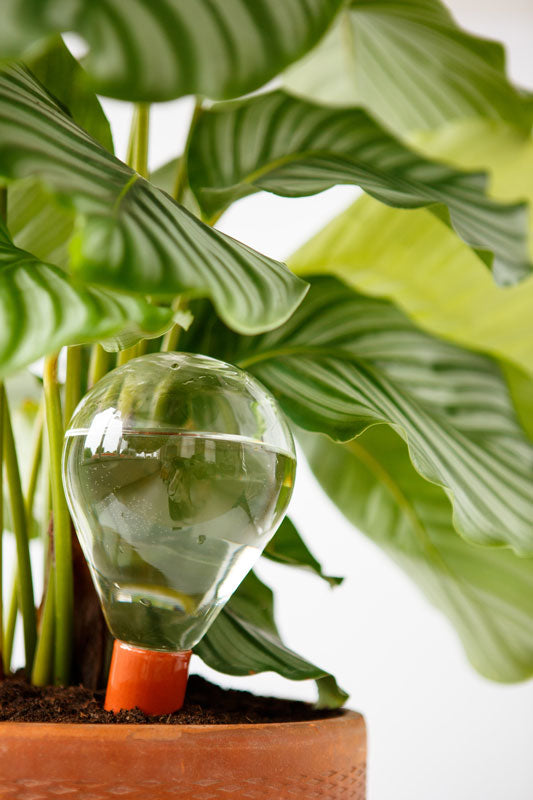
3. Plants improve focus and productivity
Having plants in the office or in an educational environment can improve concentration and productivity.
This 2014 research from the University of Exeter found that plants in the office could increase productivity by 15%.
The research showed plants in the office significantly increased workplace satisfaction, self-reported levels of concentration, and perceived air quality.
Also, this study from shows that a green environment can contribute to better focus and with students, resulting in better learning and higher grades.
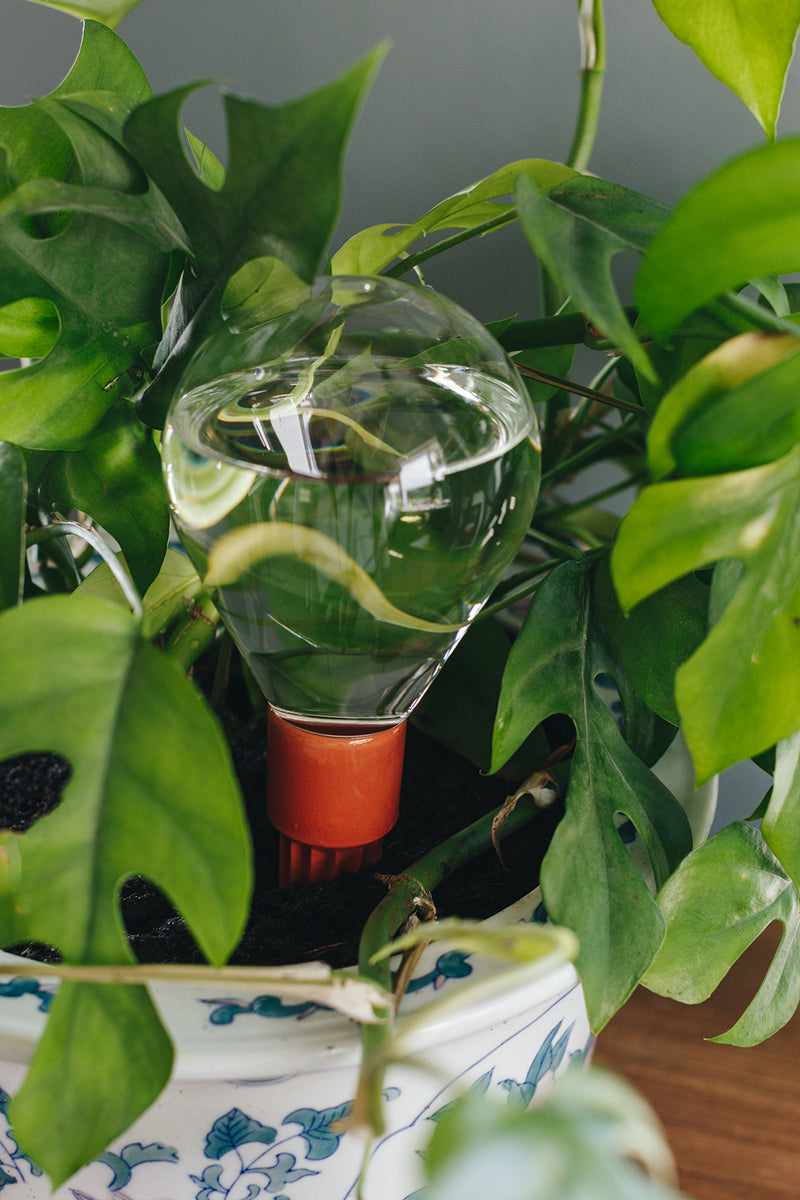
4. Plants help you heal faster
This 2016 study, during which patients were randomly placed in wards with or without greenery, showed significantly more optimistic and promising health improvements.
In fact, patients from the 'green' ward had shorter postoperative stays, lower intake of analgesics, lower pain intensity, less stress fatigue, and improved vital signs as compared to patients in the plant-less ward.
In fact, horticultural therapy is being studied as a promising upcoming natural tool to help people with both mental as well as physical recovery paths.
Various researches, like this one, have shown that interacting with plants can lower your blood pressure.
At the same time, this study from 2000 shows that physical discomfort may be reduced in the presence of interior plants, potentially decreasing the need for pain medication.
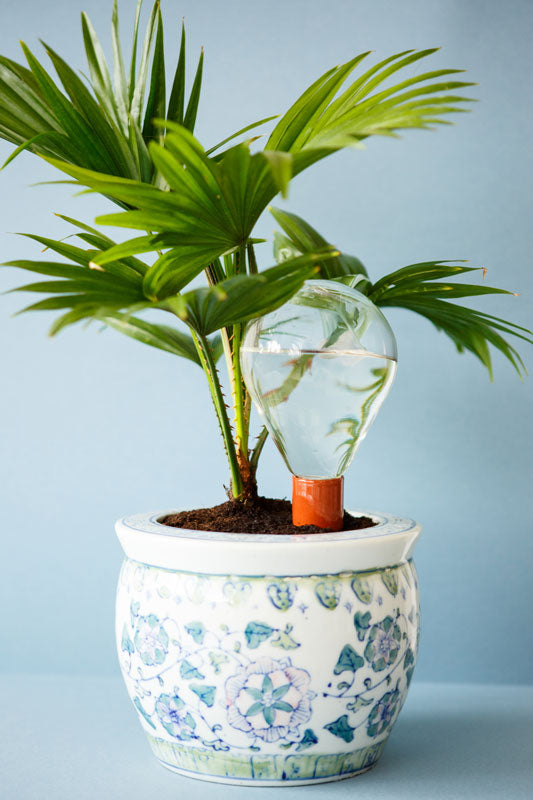
5. Plants balance your air humidity
In our efforts to make our homes more energy-efficient and save on heating and cooling costs, we've often ended up with air that's too dry.
This lack of humidity can negatively impact your well-being, causing dry skin, cracked lips, sore throats, and irritated eyes.
Dry air can also contribute to respiratory illnesses and the faster spread of viruses (see this study).
According to research, the ideal humidity level in your home is between 40-60% relative humidity.
Plants can help maintain this balance through a process called transpiration, where they release moisture into the air through their leaves.
They regulate this process by adjusting the size of their stomatal apertures (leaf pores) in response to the surrounding humidity levels. That also means plants can contribute to a healthier environment when the air is slightly too damp.
It's like nature knows exactly what to do.
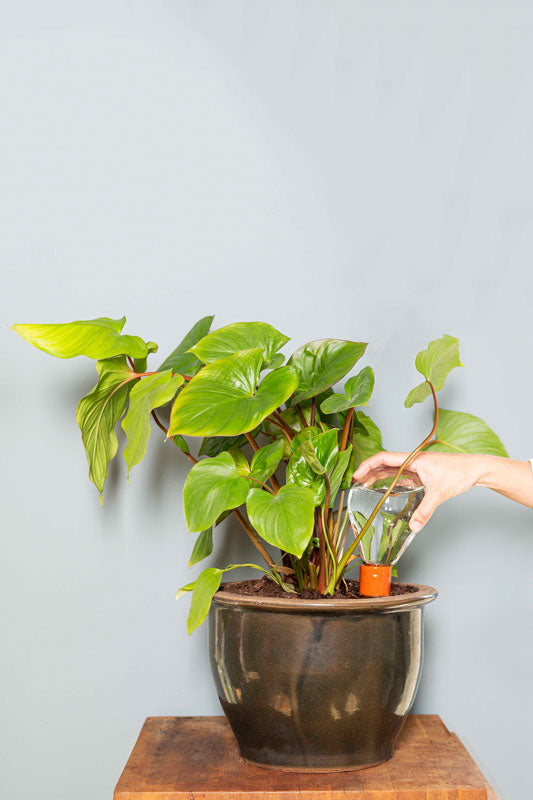
Get the growing started
To sum it all up:
- Plants clean the air from harmful toxins;
- they are great for your mood;
- make you more focused and productive;
- plants help you heal faster;
and
- they balance the humidity in your space.
All while asking for nothing more in return than a little TLC.
Ready to start reaping the benefits of indoor plants and to start your own Interior Jungle, but not so sure about your plantcare skills?
We've got your back!
Waterworks is an all natural watering system based on the Olla irrigation technique that keeps your plants happy and thriving.
